Living alone can be a rewarding experience, offering the freedom to create your own space and routine. However, it also comes with its own set of challenges, particularly when it comes to safety. For those of us flying solo, it’s crucial to adopt practices that enhance security and peace of mind. From securing doors to using technology, these strategies can make a significant difference in your daily life. This guide presents eight essential safety tips designed to help you navigate the world of solo living with confidence and ease. Whether you’re new to living alone or a seasoned pro, these insights are for you.
1. Secure All Entry Points
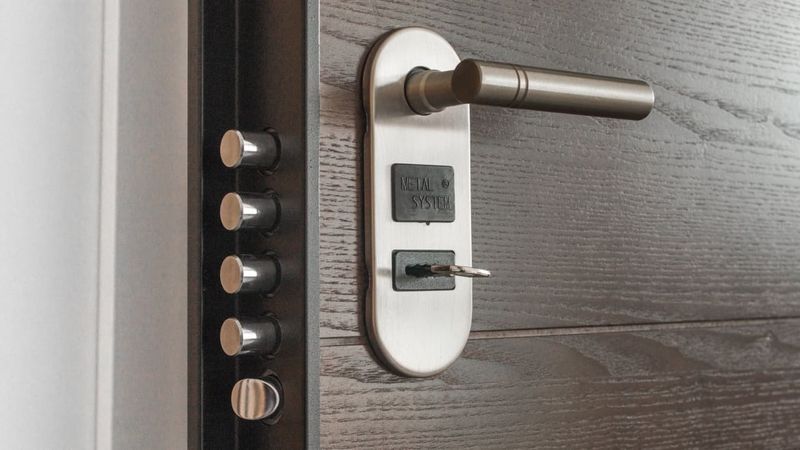
One of the primary concerns when living alone is ensuring all entry points are secure. A robust deadbolt lock on the front door is a must. Additionally, consider window locks for added security.
Each time you leave your home, double-check that all doors and windows are locked. This simple habit can prevent unwanted access and give you peace of mind.
For those in ground-floor apartments, window bars can offer an extra layer of protection without compromising aesthetics.
2. Install a Security System
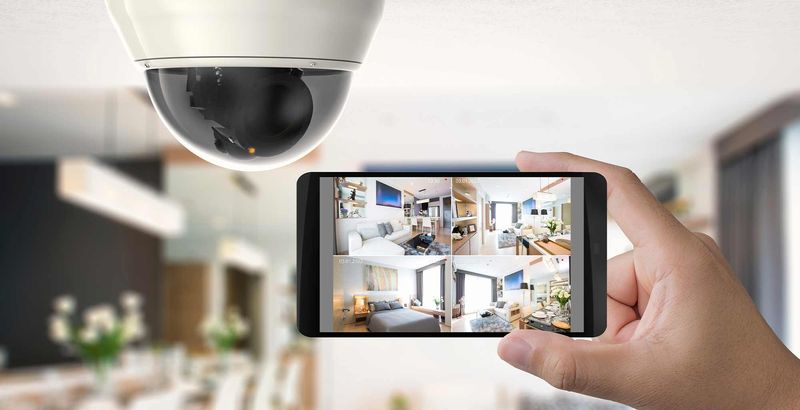
Installing a security system can be a game-changer for those living alone. With advancements in technology, many systems are affordable and easy to install.
These systems often come with surveillance cameras, motion sensors, and smartphone alerts, ensuring you’re always aware of what’s happening at home.
Choose a system that suits your needs, whether it’s a simple camera setup or a comprehensive alarm system. It’s an investment in your safety and peace of mind.
3. Know Your Neighbors
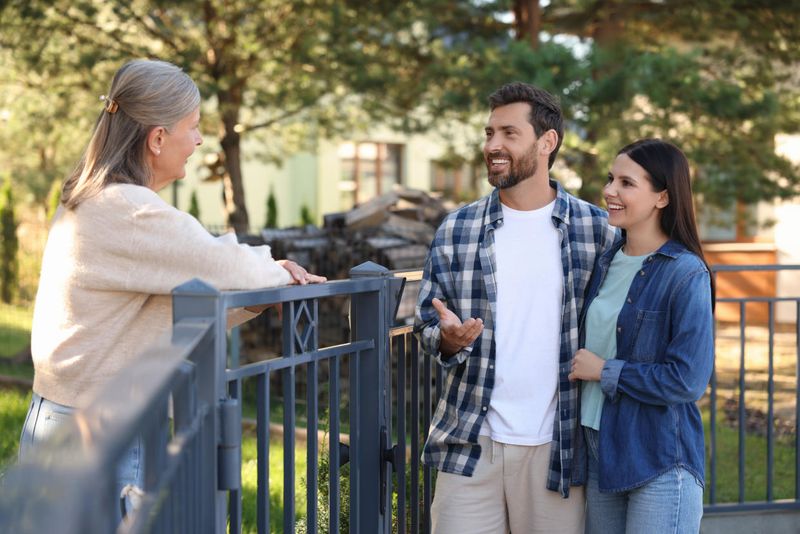
Building a rapport with your neighbors can enhance your safety. They can be an extra set of eyes when you’re away and can quickly alert you to any suspicious activity.
Simple gestures like a friendly wave or introducing yourself can go a long way.
If you’re close to your neighbors, you can even establish a system for picking up mail or packages if one of you is away, fostering a sense of community.
4. Use Smart Lighting
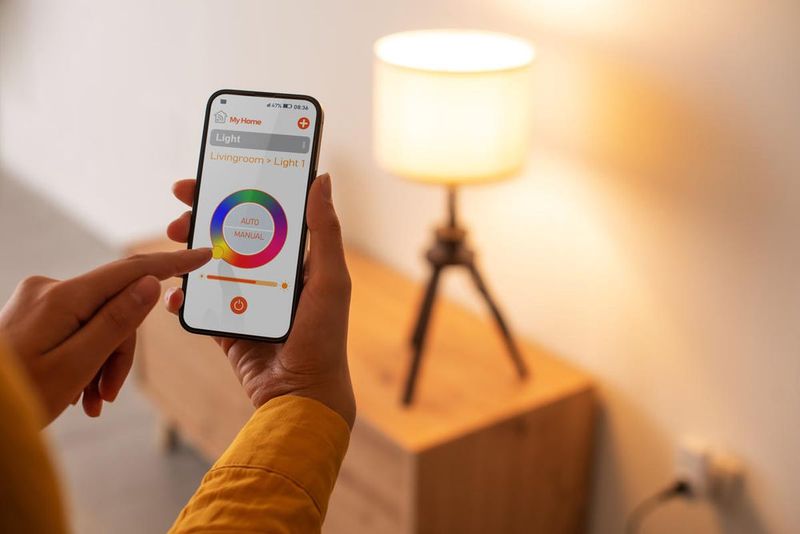
Smart lighting can deter potential intruders by making it seem like someone is always home. With smart bulbs, you can program lights to turn on and off at specific times.
These lights can be controlled remotely via smartphone, allowing you to adjust lighting even when you’re not home.
This simple yet effective tool can keep your living space secure and welcoming at all times.
5. Keep Emergency Contacts Handy
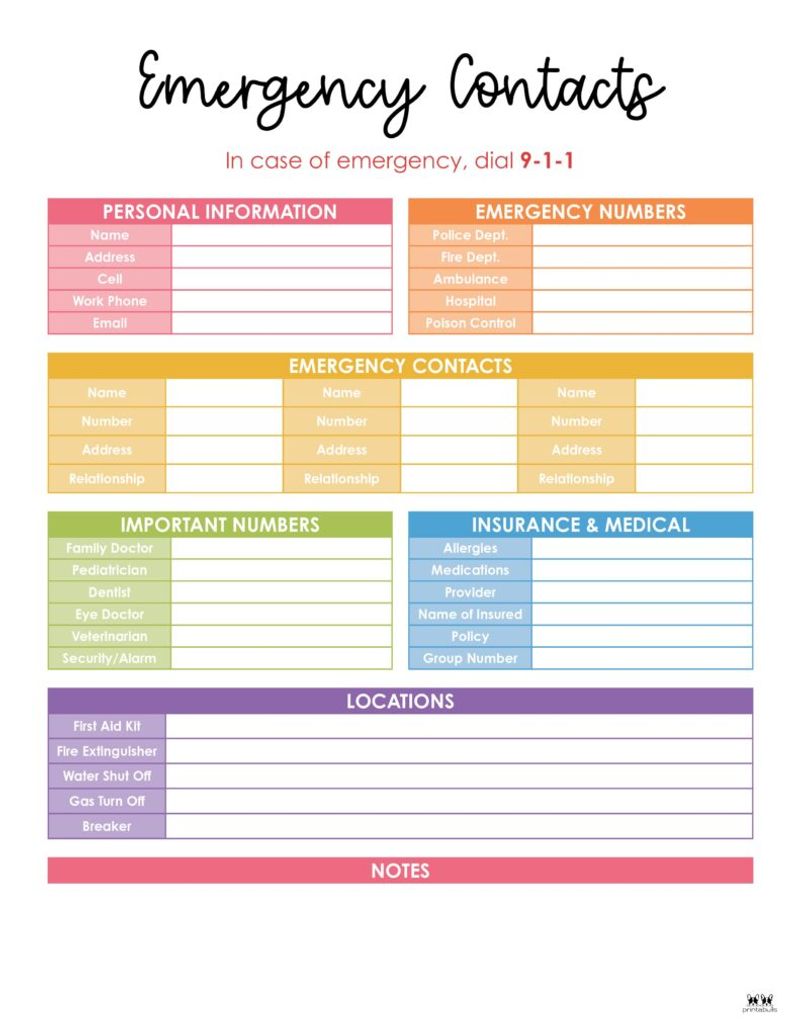
Having emergency contacts readily available is crucial for quick access in unexpected situations. This list should include local police, fire department, medical services, and trusted friends or family.
Keep it in a visible spot, like on the fridge or a memo board.
Updating this list regularly ensures you have the most current information and can act swiftly in emergencies.
6. Maintain Regular Check-ins

Regular check-ins with family or friends can enhance your personal safety. Schedule daily or weekly calls to update them on your well-being.
This communication acts as a safety net, ensuring someone knows your routine and can notice if something’s amiss.
It’s a comforting practice that also strengthens personal bonds, making you feel connected despite living alone.
7. Invest in a Safe
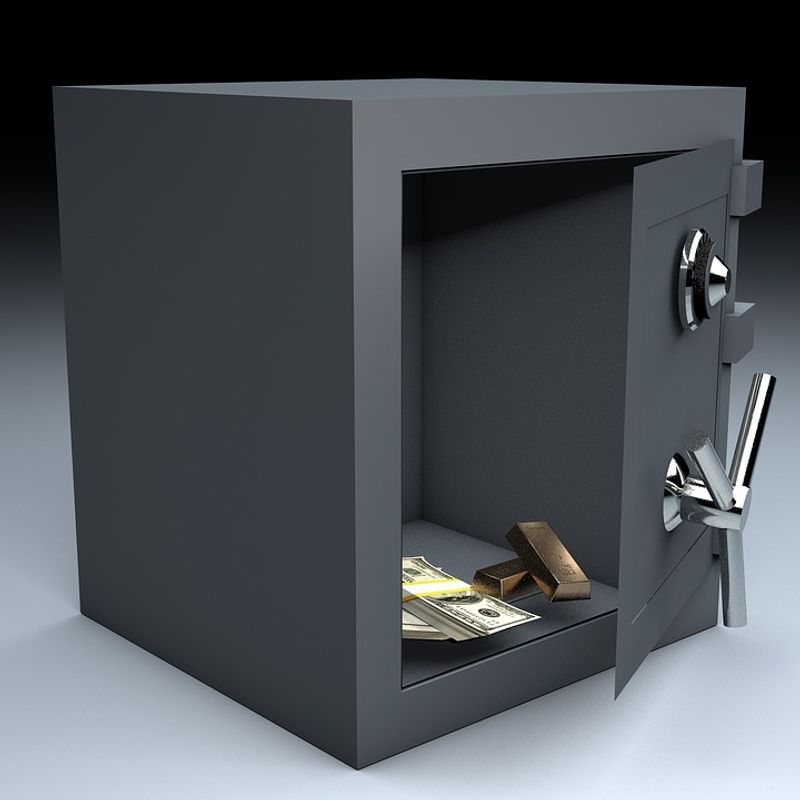
Investing in a safe provides a secure location for valuables and important documents. Choose a fireproof and waterproof model for added protection.
Place the safe in a discreet location, where it can blend in without drawing attention.
Regularly update the safe’s contents and access code, ensuring your most critical items are always protected.
8. Trust Your Instincts
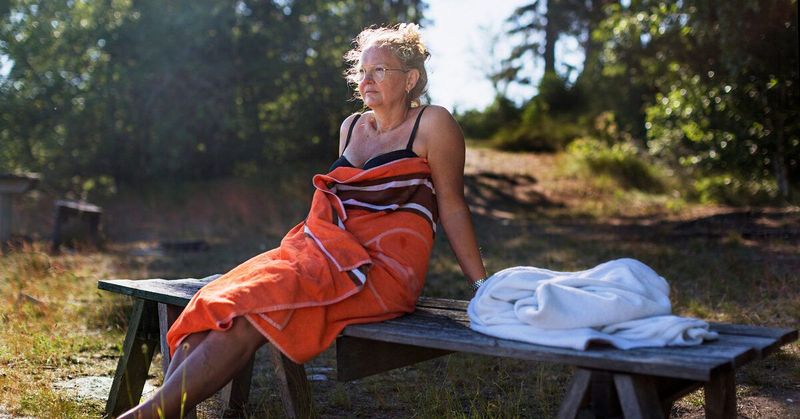
Trusting your instincts is an important skill when living alone. If something feels off, it’s better to err on the side of caution.
Whether it’s a suspicious knock at the door or an unusual sound, trust your gut reaction.
This heightened awareness can prevent potential threats and keep your living environment safe.

Well, hello there!
My name is Jennifer. Besides being an orthodontist, I am a mother to 3 playful boys. In this motherhood journey, I can say I will never know everything. That’s why I always strive to read a lot, and that’s why I started writing about all the smithereens I came across so that you can have everything in one place! Enjoy and stay positive; you’ve got this!

